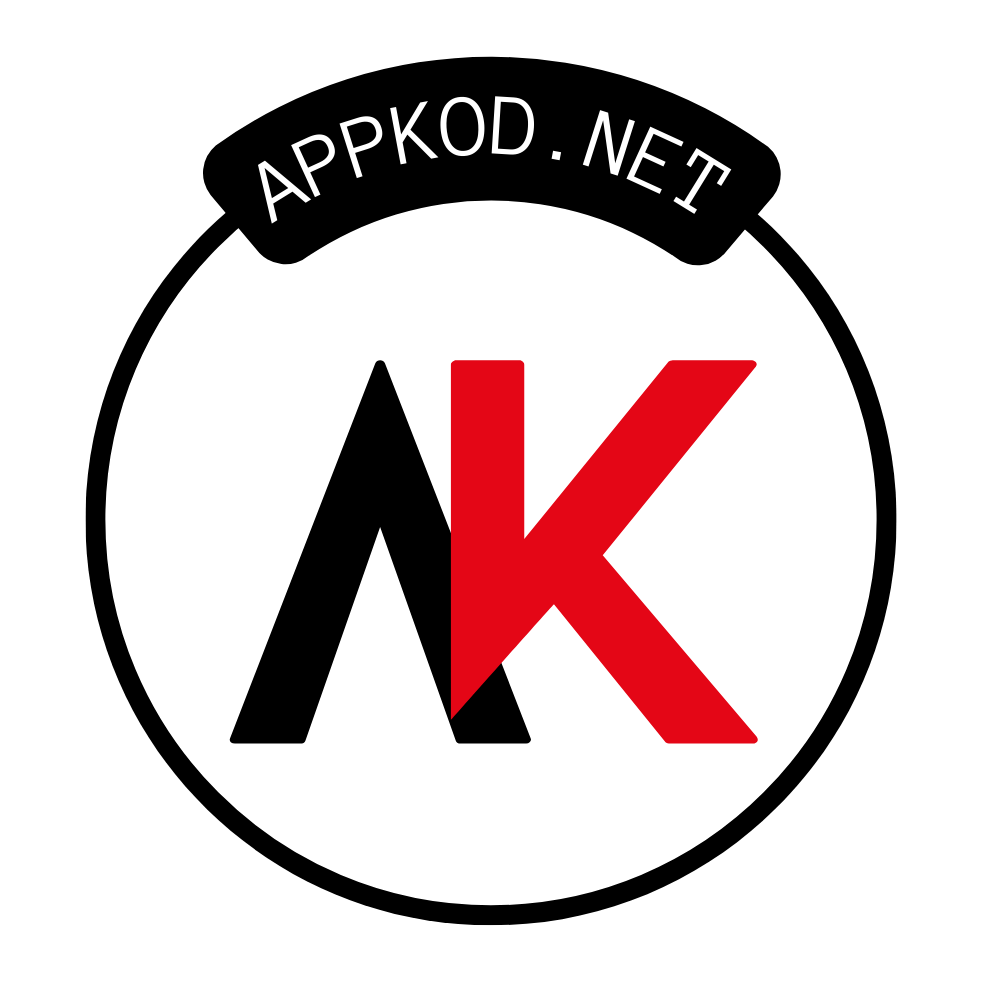The Power of Content Marketing: Elevating Your Brand in the Digital Age

Introduction
Content marketing has evolved as a pivotal strategy in today’s digital ecosystem, allowing brands to engage directly with their target audiences. By creating and distributing valuable, relevant, and consistent content, businesses can enhance their visibility and authority in their respective industries.
The Essence of Content Marketing
At its core, content marketing is about storytelling. It enables brands to narrate their journey, showcase their expertise, and connect emotionally with customers. This foundational strategy not only increases engagement but also builds trust, which is essential in converting prospects into loyal customers.
Setting Up Your Content Marketing Strategy
Before diving into content creation, it’s crucial to establish a sound content marketing strategy. This involves understanding your audience, defining your goals, and identifying the best channels for distribution. A well-planned strategy ensures that every piece of content contributes towards the overall business objectives.
Content Creation: Best Practices
Creating compelling content is an art. It involves a mix of creativity and strategic planning. This section delves into the techniques of crafting content that resonates with your audience, including the importance of voice, tone, and style. We’ll also explore how to maintain consistency across various platforms.
Leveraging SEO for Content Marketing
Search engine optimization (SEO) and content marketing go hand in hand. Optimizing your content for search engines can dramatically increase your visibility and attract more organic traffic. Here, we’ll discuss how to integrate keywords, use meta tags, and build backlinks effectively.
Content Types and Formats
Content marketing is not limited to blogs and articles. This section explores various types of content, such as videos, podcasts, infographics, and webinars, and discusses how to choose the right format based on your audience’s preferences and your marketing goals.
Measuring Content Marketing Success
To gauge the effectiveness of your content marketing efforts, it’s essential to track performance metrics. We’ll cover which metrics are most relevant, such as engagement rates, conversion rates, and ROI, and how to use analytics tools to measure success.
Content Marketing Challenges and Solutions
Every marketing strategy faces challenges, and content marketing is no exception. Common hurdles include creating consistent content, budget constraints, and staying relevant. This section provides practical solutions to overcome these challenges and sustain your content marketing efforts.
The Future of Content Marketing
The digital landscape is ever-changing, and staying ahead of content marketing trends is crucial. We’ll discuss emerging technologies like AI and machine learning and their impact on content marketing, helping you prepare for what’s next.
Leveraging User-Generated Content
User-generated content (UGC) can be a goldmine for marketers. It enhances credibility and can significantly extend your reach. Learn how to encourage UGC, and integrate it into your content marketing strategy effectively.
Integrating Content Marketing Across Your Organization
Content marketing should not operate in a silo. Integrating it with other departments such as sales, customer service, and public relations can amplify your efforts. This section provides strategies for cross-departmental collaboration to maximize the impact of your content.
Conclusion
Content marketing is more than just a marketing tactic; it’s a crucial element of your overall business strategy. By effectively using content marketing, you can significantly enhance your brand’s reputation, build better customer relationships, and achieve substantial growth in your industry.
FAQs
1: How often should I update my content marketing strategy?
Your content marketing strategy should be reviewed and updated at least annually to align with changing market conditions and business objectives.
2: What is the best way to increase engagement with my content?
Engagement can be boosted by creating interactive content, like quizzes and polls, and by encouraging comments and feedback through calls-to-action.
3: How can small businesses with limited budgets effectively use content marketing?
Small businesses can focus on creating high-quality content that serves niche markets and distribute it through cost-effective channels like social media and email marketing.
4: Can content marketing work for any type of business?
Yes, content marketing can be adapted for any type of business, whether B2B or B2C, by tailoring content to meet the specific needs and interests of the target audience.
5: How long does it take to see results from content marketing?
Content marketing often requires time to build momentum and may take several months to start seeing significant results in terms of traffic and conversion rates.





